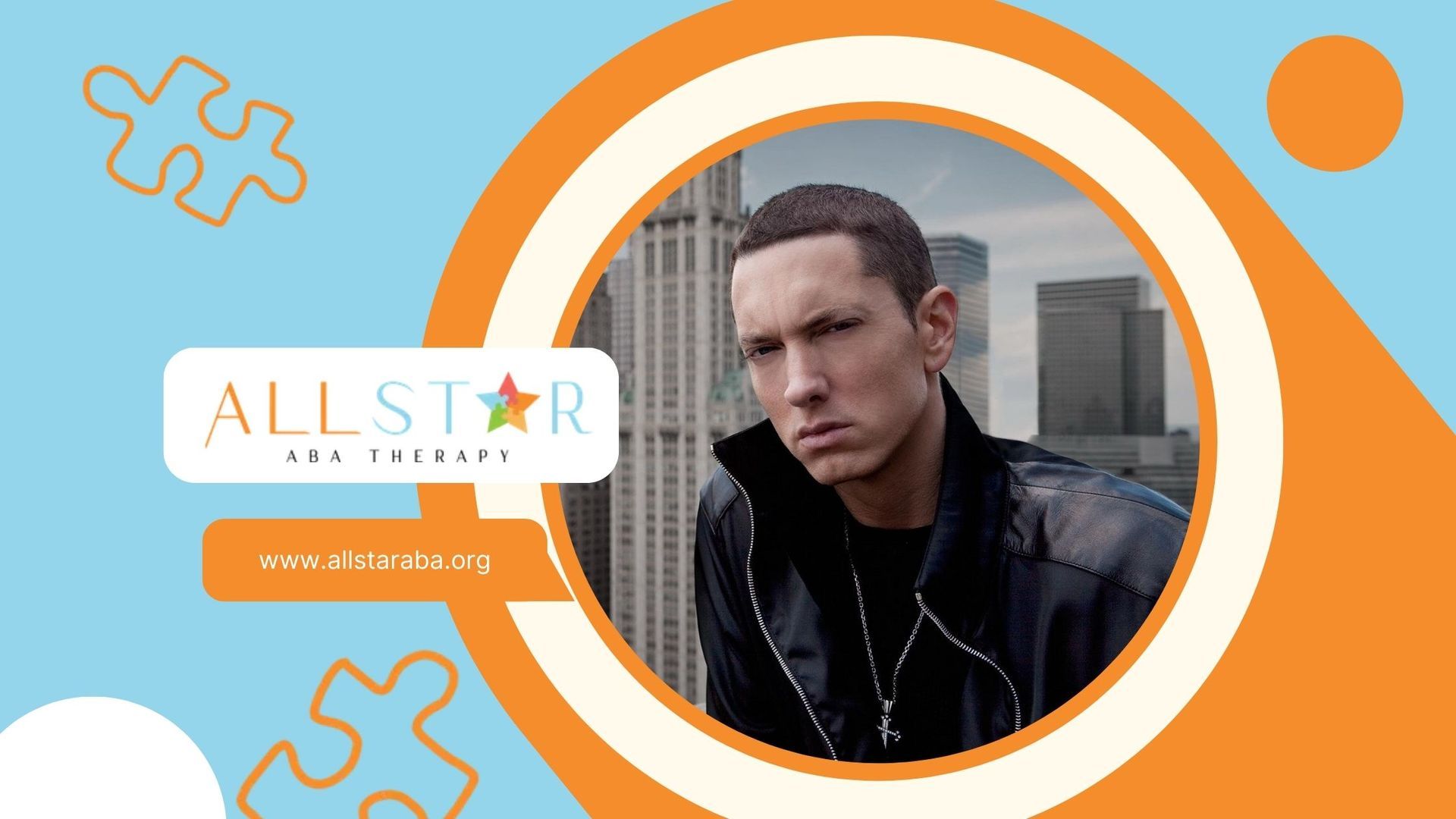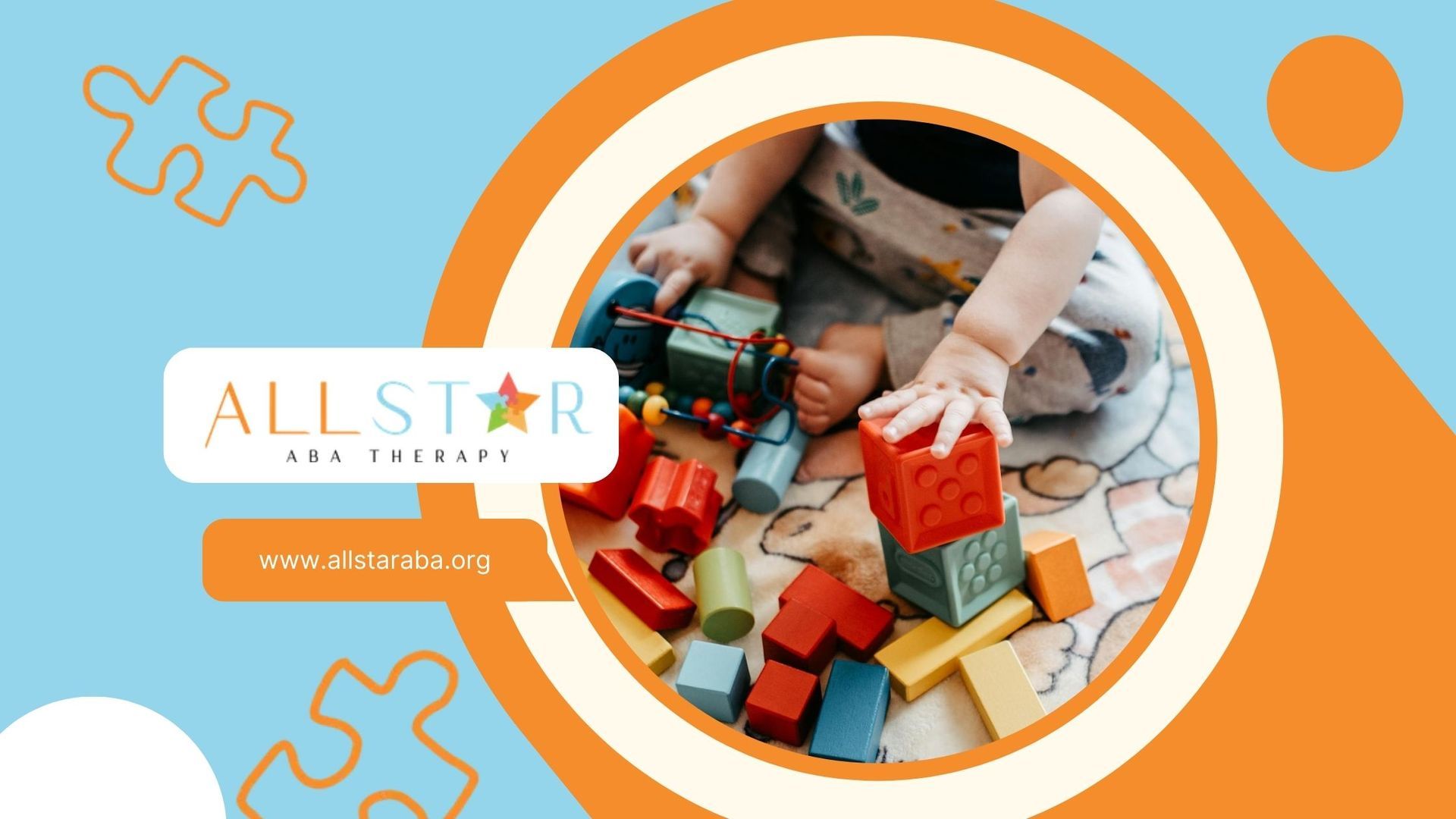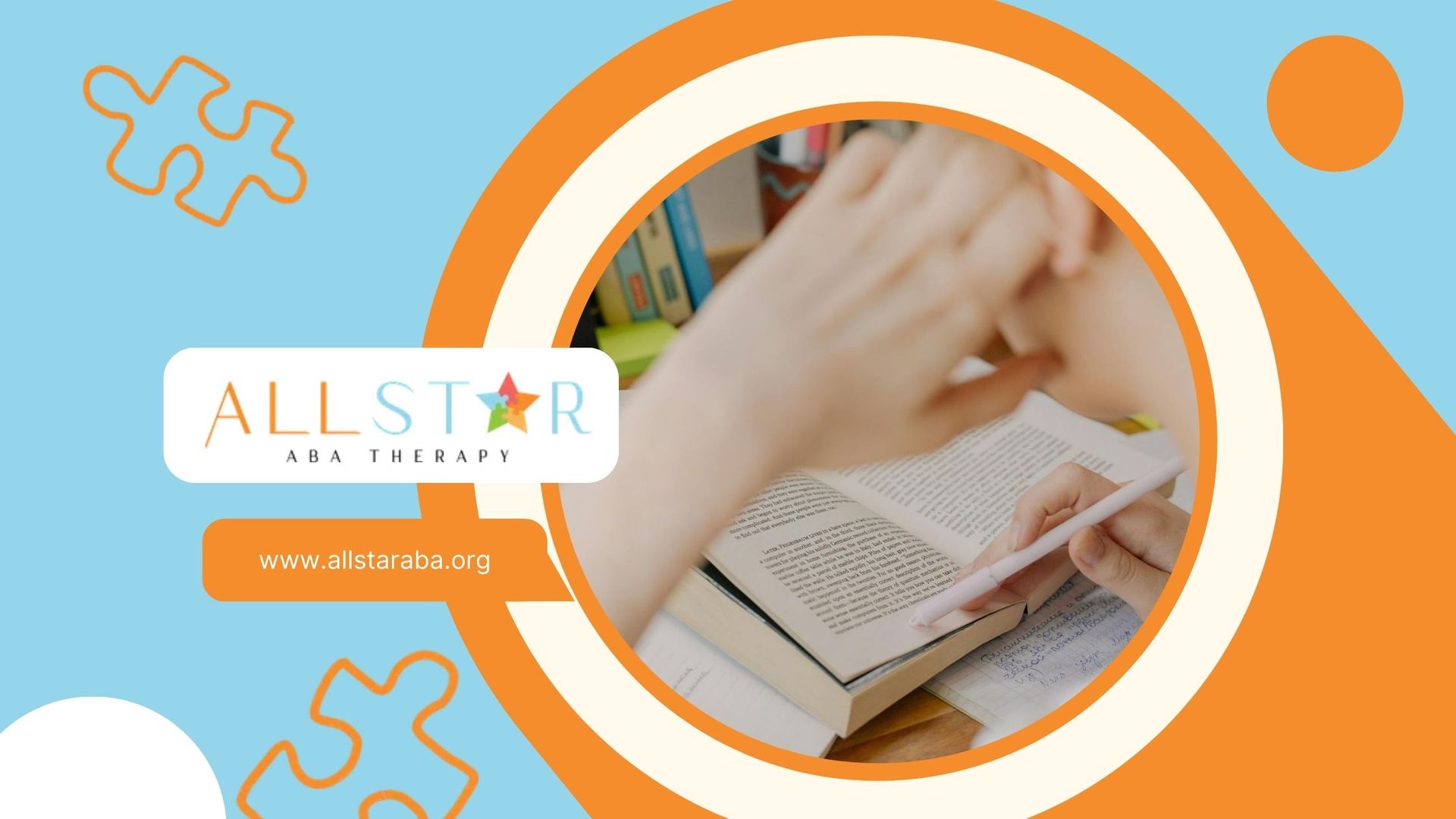New Paragraph
Does Having Autism Mean You Have a High IQ?
Autism and intelligence are complex topics, and while some autistic individuals have high IQs, it’s important to recognize that intelligence varies widely across the spectrum. Not all autistic people are geniuses, and high intelligence doesn’t mean life is without challenges. Autism is about more than just IQ—it's about unique ways of thinking, processing the world, and interacting with others.
One of our clients at All Star ABA amazed his parents when he built his own computer program from scratch. He had never taken a coding class but had an uncanny ability to recognize patterns and solve problems. Yet, despite his intellectual abilities, he struggled with changes in routine and had difficulty understanding social cues. His parents initially believed he was simply "gifted" until an autism diagnosis helped them see the full picture.
This raises a common question: Are all autistic individuals highly intelligent? Many believe that autism and high IQ go hand in hand, but the truth is more complex. In this guide, we’ll explore the connection between autism and intelligence, debunk myths, and shed light on what "high IQ autism" really means.
The Connection Between Autism and Intelligence
Can Autism Be Linked to High Intelligence?
There is a common stereotype that individuals on the autism spectrum are either savants or geniuses, particularly in fields such as mathematics, science, or the arts.
While it is true that some autistic individuals have above-average intelligence, others may have average or below-average IQs. Autism is a spectrum, meaning it presents differently in each person.
Research suggests that intelligence levels in autistic individuals vary widely:
- Around 44% of autistic individuals have average to above-average intelligence (IQ above 85).
- Roughly 31% have an intellectual disability (IQ below 70).
- The remaining 25% fall within the borderline range (IQ between 71 and 85).
Savant Syndrome: A Rare but Remarkable Trait
A small percentage of autistic individuals exhibit savant syndrome, where they display exceptional skills in specific areas such as memory, music, mathematics, or artistic abilities.
Famous figures like Daniel Tammet, an autistic savant, have demonstrated extraordinary mathematical and linguistic skills. However, savant abilities are rare and should not be generalized to all autistic individuals.
The Strengths of High-IQ Autistic Individuals
For autistic individuals with high IQs, their cognitive abilities often manifest in unique ways, offering both strengths and challenges.
Exceptional Memory and Attention to Detail
Many high-IQ autistic individuals excel in remembering vast amounts of information and noticing details that others may overlook. This strength can be particularly beneficial in careers requiring precision, such as programming, engineering, and scientific research.
Advanced Problem-Solving Skills
High-IQ autistic individuals often approach problems logically and systematically. Their ability to think outside the box enables them to create innovative solutions in various fields, from technology to creative arts.
Deep Focus and Specialized Interests
A defining characteristic of many autistic individuals with high intelligence is their intense focus on specific subjects. This deep engagement allows them to become experts in their areas of interest, leading to groundbreaking work in specialized fields.
Challenges Faced by High-IQ Autistic Individuals
Social Communication Difficulties
Despite their cognitive strengths, many autistic individuals—regardless of intelligence level—struggle with social interactions. Difficulties with understanding social cues, making eye contact, and interpreting tone can create challenges in building relationships and navigating social situations.
Sensory Sensitivities and Overload
Heightened intelligence does not mitigate the sensory sensitivities common in autism. Bright lights, loud noises, and strong smells can be overwhelming, affecting daily life and productivity.
Anxiety and Perfectionism
Many autistic individuals with high IQs experience anxiety and perfectionism, often setting extremely high standards for themselves. This can lead to autism burnout, especially when their meticulous approach to tasks causes stress or delays in completion.
Are All Autistic People Geniuses? Debunking the Myth
The idea that all autistic individuals are geniuses is a misconception. While some have high intelligence, others have intellectual disabilities or average cognitive abilities. Autism is not defined by IQ, but rather by the unique way an individual experiences the world.
Embracing Neurodiversity
Rather than focusing solely on intelligence, it is essential to recognize and embrace neurodiversity. Every autistic individual has their own strengths and challenges, and society benefits from valuing and supporting each person based on their unique abilities.
Conclusion
Not all autistic individuals are highly intelligent, but those with high IQs often bring remarkable strengths to their fields. Understanding the diverse nature of autism and intelligence helps dispel stereotypes and promotes a more inclusive perspective.
Whether an autistic person has high intelligence, average intelligence, or an intellectual disability, support, acceptance, and tailored interventions are key to helping them thrive.
At All Star ABA, we provide personalized ABA therapy for autistic individuals of all abilities. Whether your child has high IQ autism or faces unique learning challenges, our experienced ABA therapists are here to help. Reach out today to learn more about how we can support your child’s development and help them thrive.
FAQs
Are all autistic people highly intelligent?
Not all autistic individuals have high IQs. Autism is a spectrum, meaning cognitive abilities vary widely. Some may have exceptional intelligence, while others may have intellectual disabilities or average intelligence.
What is high IQ autism?
High IQ autism refers to autistic individuals who score above average on intelligence tests. These individuals often have strong analytical skills, deep focus, and expertise in specialized interests.
Can an autistic person have a low IQ?
Yes. Autism affects people in different ways, and some individuals on the spectrum may have intellectual disabilities, while others may have average or above-average intelligence.
Sources:
- https://www.osmosis.org/answers/savant-syndrome
- https://pmc.ncbi.nlm.nih.gov/articles/PMC4876598/
- https://pmc.ncbi.nlm.nih.gov/articles/PMC4927579/
- https://autism.org/average-or-high-iq-in-individuals-with-asd-may-be-higher-than-previously-estimated/
- https://www.kcl.ac.uk/archive/news/ioppn/records/2018/march/high-iq-autistic-people-learn-social-skills-at-a-price
- https://www.appliedbehavioranalysisedu.org/is-autism-associated-with-higher-intelligence/
Need Support?
We're Here to Help!
Our experienced team is ready to assist you. Reach out today to discuss how we can support your child's development and well-being.
Get started with expert ABA therapy today.
Related posts

All Star ABA delivers the gold standard of care, Applied Behavioral Analysis (ABA) therapy, for individuals diagnosed with ASD, from infancy to age 21.
Quick Links
All Rights Reserved | All Star ABA







